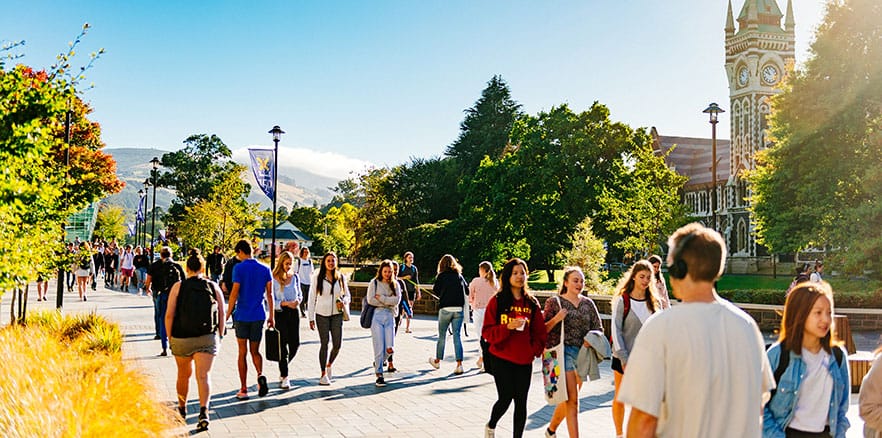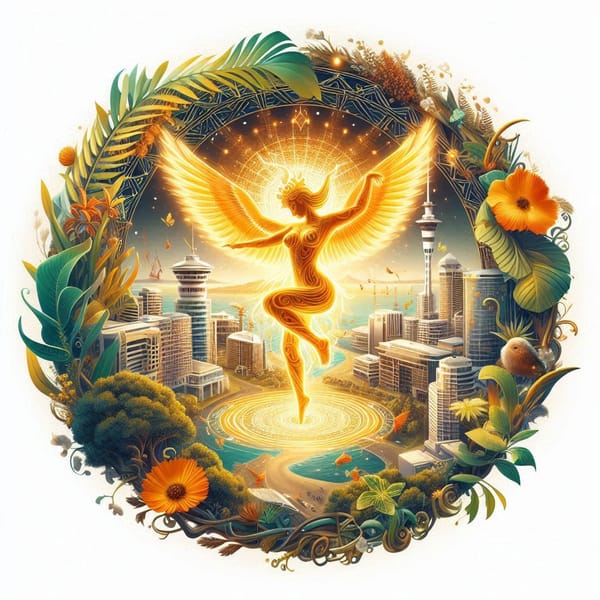What is Economics?

Let’s start with the basics. What is economics? It might be easier to start with what economics isn't. Economics is not the study of money or getting rich, although understanding economics can help with that. It’s not the study of the stock market. And it’s not primarily about men in bow ties forecasting market trends or overall economic activity. Some economists do that, but that’s not the main focus of economics. Economics is the study of people and choices. The famous economist Alfred Marshall (1842-1924) defined economics as:
"A study of man in the ordinary business of life. It inquires how he gets his income and how he uses it. Thus, it is on the one side the study of wealth and on the other, and more important side, a study of man."
Let’s explore what economics is:
- Economics is an 18-year-old deciding whether to work or go to university, and how that decision will affect their future income.
- Economics is a company deciding whether to produce smartphones or tablets, influenced by what consumers want to buy.
- Economics is the government deciding whether to increase spending during a recession, and if it's worth going into debt.
Understanding economics can forever change how you think, decide, and therefore live. No matter who you are, you will be using economics. In fact, you're using economics right now. You made a choice to read this blog, which means you believe the benefit outweighs the cost. You might think, "This is a blog—there's no cost," but there is. The cost is what you're not reading right now, like a research paper on dolphins or the sports section of a tabloid. Economists call this opportunity cost.
If you're still reading, it means you believe it’s the best use of your time. Even at work, you're not forced to read this blog—you could close your eyes or put your head down, but again, you’ve weighed the benefits and costs.
A Regenerative Economic View
When thinking about Regenerative Economics, a couple of reflection points arise:
- Incentivising choice is a low form of motivation for people and businesses. Paying people to do something works for some, but others care more about why they’re doing it. A business might focus on aligning tasks with its strategic direction.
- Government policies often use economic theories integrated with "best practices" from other countries, with local adaptations. But there is an alternative: crafting policies from a deep understanding of how local places work,their economy, communities and ecosystems.
These are some of the key thoughts on economics and its regenerative perspective, emphasising the importance of understanding both the human and environmental aspects of economic decision-making.
(Source: Crash Course, Edited and written by: Akāśadāka)




